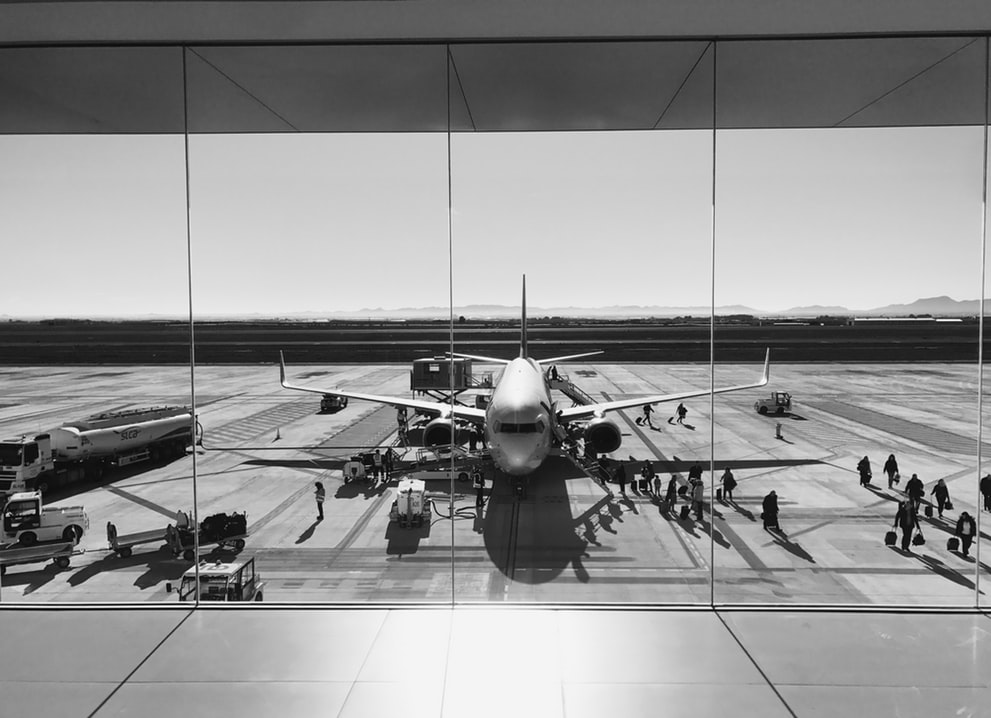When faced with a vicious pandemic like COVID 19, travel restrictions worldwide are very likely. This is precisely what is happening right now in the world. Due to high contagion rates of COVID 19 that originated in the city of Wuhan in China, many countries close their borders.
Non-essential travel has been banned or is about to be banned in most of the major countries including Canada, USA, UK, Australia, Italy, etc. The European Union also cancelled all non-essential travel to the member states for 30 days. Measures for repatriation of EU citizens will be taken.
Travel Bans and Restrictions
Many countries take COVID 19 seriously and they plan their actions accordingly. USA recently updated its travel advisory for China and Iran as Level 4, meaning “do not travel”. Also including some parts of Europe, USA aims to curtail all non-essential travel internationally, especially to and from the areas that have many cases of COVID 19.
New Zealand and Australia adopts a similar method where they ban non-citizens and non-citizens to enter the country starting from March 19 and March 20 respectively. Since almost all of the confirmed cases in these countries are linked to international travel, the measures seem necessary. The scenario is naturally highly similar in every country that starts to confirm cases. International travel carries the new coronavirus overseas.
Airplane and Airport Hygiene
COVID 19 also causes governments and private companies to take hygiene more seriously in the contact zones. Aviation hygiene is more important than ever. Many countries initiate disinfection activities in their airports to prevent the virus from traveling internationally. Airplanes are also one of the most dangerous spaces where viruses can be spread within individuals. Many international travelers in close contact for hours may contract COVID 19 easily. Thus, private air traveling firms and companies frequently disinfect their airplanes to prevent the spread.
Another precaution that is introduced fairly early is thermal screening at airport entrances. This method allows authorities to detect infected individuals upon the entrance screening and enables the country to isolate the person before infecting others. However, it is now known that it is hard, if not impossible, to detect an infected person if the disease is at its incubation period. Therefore, it is very important to take heed of the warnings made by the authorities and to avoid contact unless necessary. As many countries consider going into lockdown or employing quarantine policies, it is important to be responsible to be able to prevent further loss of mobility and interruptions of international traffic.

Be First to Comment